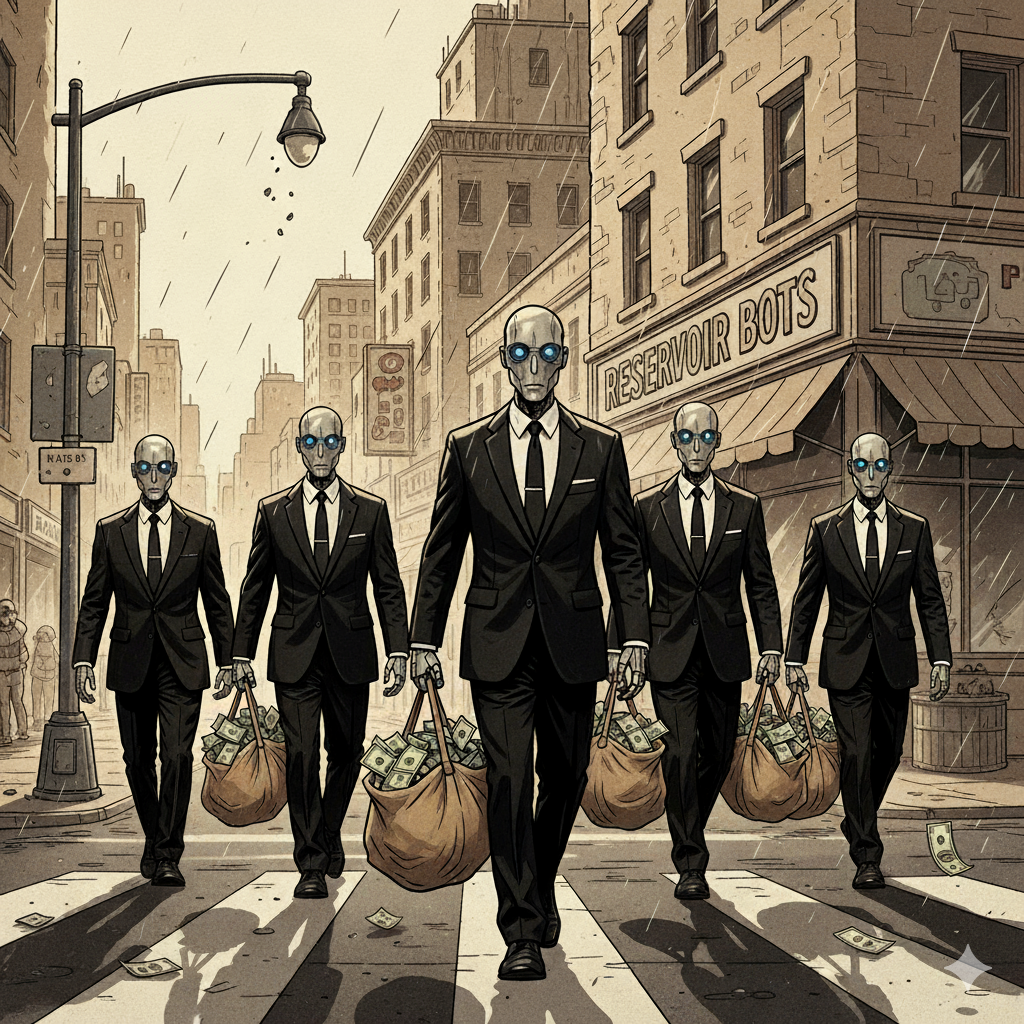
The artificial-intelligence economy has entered its next convulsion. On one end, Perplexity has flung open the gates of its $200-a-month AI browser, Comet, making it free to all. On the other, OpenAI has just closed a funding round that values the firm at a cool half-trillion dollars—enough to jolt Wall Street into another AI-fuelled rally. Between those poles lie Microsoft, Amazon, and Meta, all frantically remoulding themselves around the same gravitational centre: AI as platform, AI as business model, AI as battleground.
For Perplexity, the move is as much a jab at rivals as a gift to users. By waiving the steep subscription fee, the upstart is betting that abundance beats exclusivity. A “Comet Plus” tier lingers, complete with revenue-sharing for publishers, but the thrust is clear: starve the world of “AI slop,” and perhaps become the browser through which tomorrow’s web is filtered. Whether generosity is a growth hack or an admission of pricing hubris, the gambit has set tech Twitter aflame.
If Perplexity’s wager is to democratise AI’s interface, OpenAI’s is to monopolise its infrastructure. The $500 billion valuation puts it within striking distance of Meta and Tesla. Samsung and SK Hynix, titans of memory chips, have joined the investor roster—suggesting that AI’s next bottleneck lies not in algorithms but silicon. Markets agreed: semiconductor stocks ticked up, Wall Street briefly remembered its optimism, and the AI hype cycle found fresh oxygen.
No surprise then that Microsoft is reorganising with Judson Althoff elevated to lead commercial operations while Satya Nadella himself hands off duties to stay “laser focused” on AI. It is not so much a reorg as a coronation: AI crowned as the company’s strategic deity. Amazon, meanwhile, is embedding its cloud into culture, inking a deal with the NBA to infuse basketball with real-time insights and interactive fan gimmickry. Where Microsoft preaches, Amazon performs.
As we noted earlier in the week, Meta has taken a more brazen route: mining chatbot conversations for ad targeting. Beginning December, users’ small talk with AI will quietly fuel Zuckerberg’s advertising machine, with no opt-out. The firm promises to avoid “sensitive” categories like health and religion, though sceptics note that Meta’s record on privacy resembles a sieve more than a wall.
Even as Big Tech advances, regulators are stirring. California has just enacted a law limiting automated decision systems in employment, forcing bias audits into hiring and promotions. The UK is once again rattling sabres at Apple’s iCloud encryption. And researchers at UC Santa Cruz tout a “future-guided” AI model that improves seizure prediction by nearly 45%—a reminder that AI’s dividends are not confined to advertising clicks and stock-market froth.
The AI story of the day, then, is not any single breakthrough but the rhythm itself: firms opening the throttle, regulators pumping the brakes, investors showering capital, and users unwittingly supplying the raw material—data, chatter, attention. AI is no longer a vertical or a sector. It is the platform war, the economic cycle, the cultural spectacle. And for now, everyone is playing.